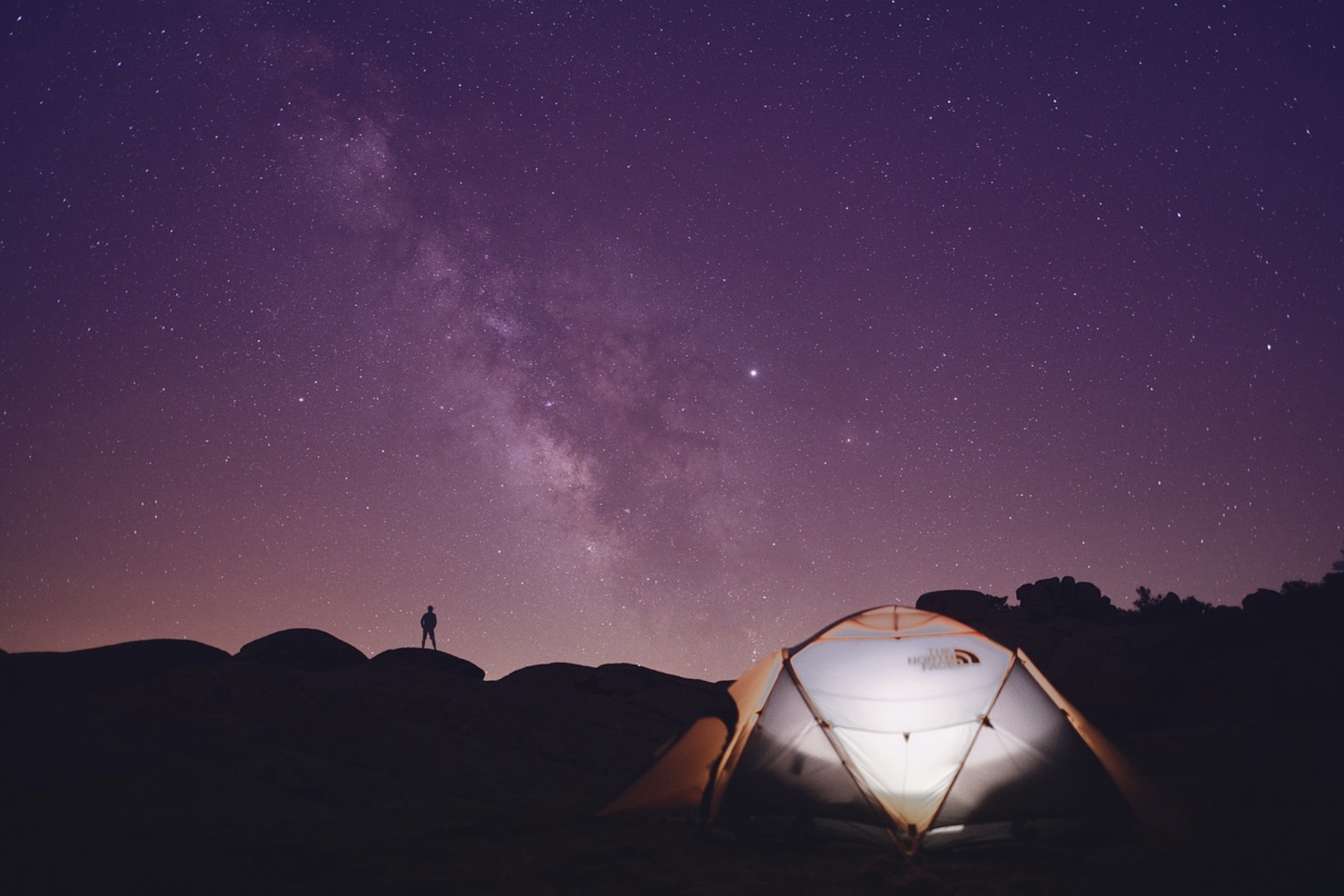Camping is a wonderful way to reconnect with nature, unwind from the hustle and bustle of daily life, and create lasting memories. If you’re a beginner camper, the prospect of gearing up for your first trip might seem daunting. With a plethora of equipment available, it’s important to focus on the essentials that will ensure a comfortable and enjoyable experience. Here are the three most essential pieces of camping gear every beginner should have: a tent, a sleeping bag, and a stove.
1. Tent: Your Home in the Wilderness
A tent is your primary shelter and one of the most critical pieces of camping gear. It provides protection from the elements, insects, and other outdoor creatures, ensuring a safe and dry place to sleep. Here’s what to consider when choosing a tent:
- Size and Capacity: Choose a tent that comfortably accommodates the number of campers. For instance, a two-person tent is ideal for solo campers who need extra space for gear.
- Weather Resistance: Look for a tent that is weather-resistant, with a rainfly and a durable floor to keep you dry during rain.
- Ease of Setup: As a beginner, you’ll want a tent that is easy to pitch and dismantle. Practice setting up your tent at home before your trip to familiarize yourself with the process.
- Ventilation: Ensure the tent has adequate ventilation to prevent condensation build-up and to keep the interior comfortable.
2. Sleeping Bag: Ensuring a Good Night’s Sleep
A sleeping bag is essential for warmth and comfort during the night. It acts as insulation against the cold ground and helps maintain your body heat. When selecting a sleeping bag, consider the following:
- Temperature Rating: Sleeping bags are rated for different temperature ranges. Choose a bag that suits the climate you’ll be camping in. A three-season sleeping bag is versatile for spring, summer, and fall camping.
- Shape and Size: Mummy-shaped sleeping bags are more efficient at retaining heat, while rectangular bags offer more room to move. Ensure the bag is long enough for your height.
- Insulation Type: Sleeping bags are insulated with either down or synthetic materials. Down is lightweight and highly compressible, but synthetic bags perform better in wet conditions and are generally more affordable.
- Packability: Consider the weight and compressibility of the sleeping bag, especially if you’ll be hiking to your campsite.
3. Stove: Cooking Made Easy
A camping stove is indispensable for preparing hot meals and boiling water, making it a vital piece of gear for any camper. It provides convenience and efficiency, allowing you to cook a variety of meals without relying solely on a campfire. Here are key factors to consider:
- Fuel Type: Camping stoves typically use propane, butane, or liquid fuel. Propane and butane canisters are easy to use and widely available, while liquid fuel stoves are better for cold weather and high altitudes.
- Burner Type: Single-burner stoves are lightweight and compact, suitable for solo campers. Double-burner stoves offer more cooking space and are ideal for groups or families.
- Portability: Choose a stove that is easy to transport and set up. Backpacking stoves are lightweight and compact, while car camping stoves can be larger and more powerful.
- Stability and Wind Resistance: Ensure the stove has a stable base and good wind protection to maintain a consistent flame while cooking.
Final Tips for Beginner Campers
In addition to these essential pieces of gear, here are a few additional tips to enhance your camping experience:
- Plan and Prepare: Research your campsite, check the weather forecast, and make a checklist of items to bring.
- Test Your Gear: Before heading out, practice setting up your tent, using your stove, and packing your sleeping bag.
- Pack Smart: Bring necessary items such as a first aid kit, map, flashlight, extra clothing, and food.
- Leave No Trace: Follow the principles of Leave No Trace to minimize your impact on the environment. Pack out all trash and respect wildlife and other campers.
By focusing on these three essential pieces of camping gear—your tent, sleeping bag, and stove—you’ll be well-prepared for a successful and enjoyable camping adventure. Happy camping!
